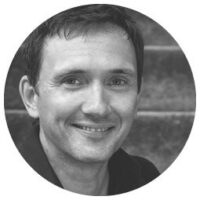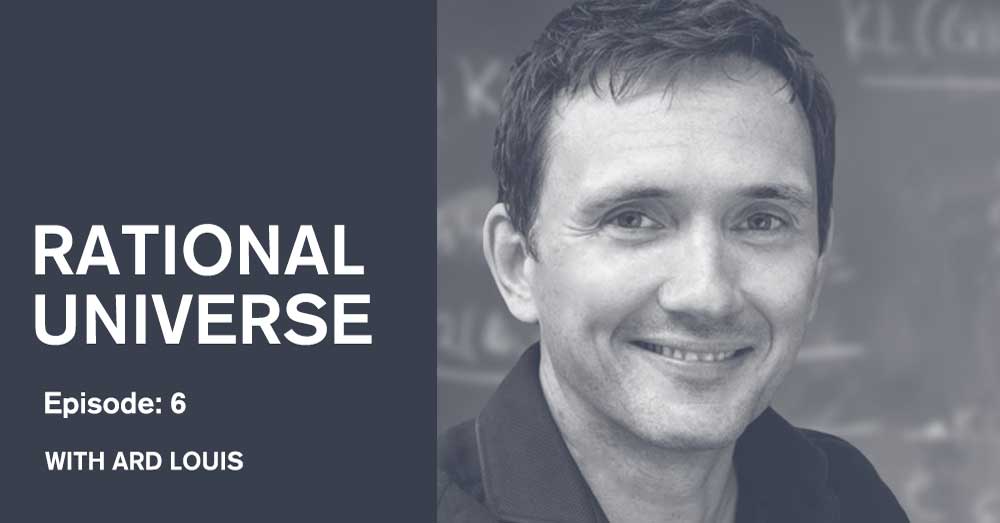Professor Ard Louis is one of the world’s leading theoretical physicists. He sat down with John Dickson to talk about why he fervently believes that we don’t need to prove God exists.
Ard is serious in his quest to have a coherent system that makes some sense of the world. It’s what he gets out of bed to discover every day. And he’s not afraid that the more he discovers, the less he’ll need God. Quite the opposite: “Science is one of the parts of the world that actually increases the likelihood of God being there,” he says.
Links related to this episode:
- Watch the Why Are We Here documentary that Ard Louis helped create.
- Check out Morgan Freeman’s documentary series The Story of God. He interviews Ard Louis in the episode called ‘Proof of God’.
- Read Simon Conway Morris’ book Life’s Solution: Inevitable Humans in a Lonely Universe
- Watch the full interview from Centre For Public Christianity with Simon Conway Morris on evolution, convergence and a purposeful universe.
- Read more about Sir Fred Hoyle, the man who made famous the ‘tornado in the junkyard’ analogy.
- Check out this article by science historian Peter Harrison on The Reformation and the Rise of Science
- Watch Ard Louis talk more about evolution and intelligent design.
Thanks to our season sponsor – Selah – for all your travel needs, whether you’re a doubter or a believer. Find out more at myselah.com.au.
Get to know our guest

Ard Louis is Professor of Theoretical Physics at the University of Oxford where he leads an interdisciplinary research group studying problems on the border between chemistry, physics and biology. From 2002 to 2010 he was a Royal Society University Research Fellow at the University of Cambridge and the University of Oxford. He is also an associate of the Faraday Institute for Science and Religion. He also has a keen interest in molecular gastronomy, applying science to the art of cooking. On a lighter note, Ard says in his bio, his Erdos-Bacon number is 6. “I have an Erdos number of 4 through Jonathan Doye and I have a Bacon number of 2 through Morgan Freeman.”











































